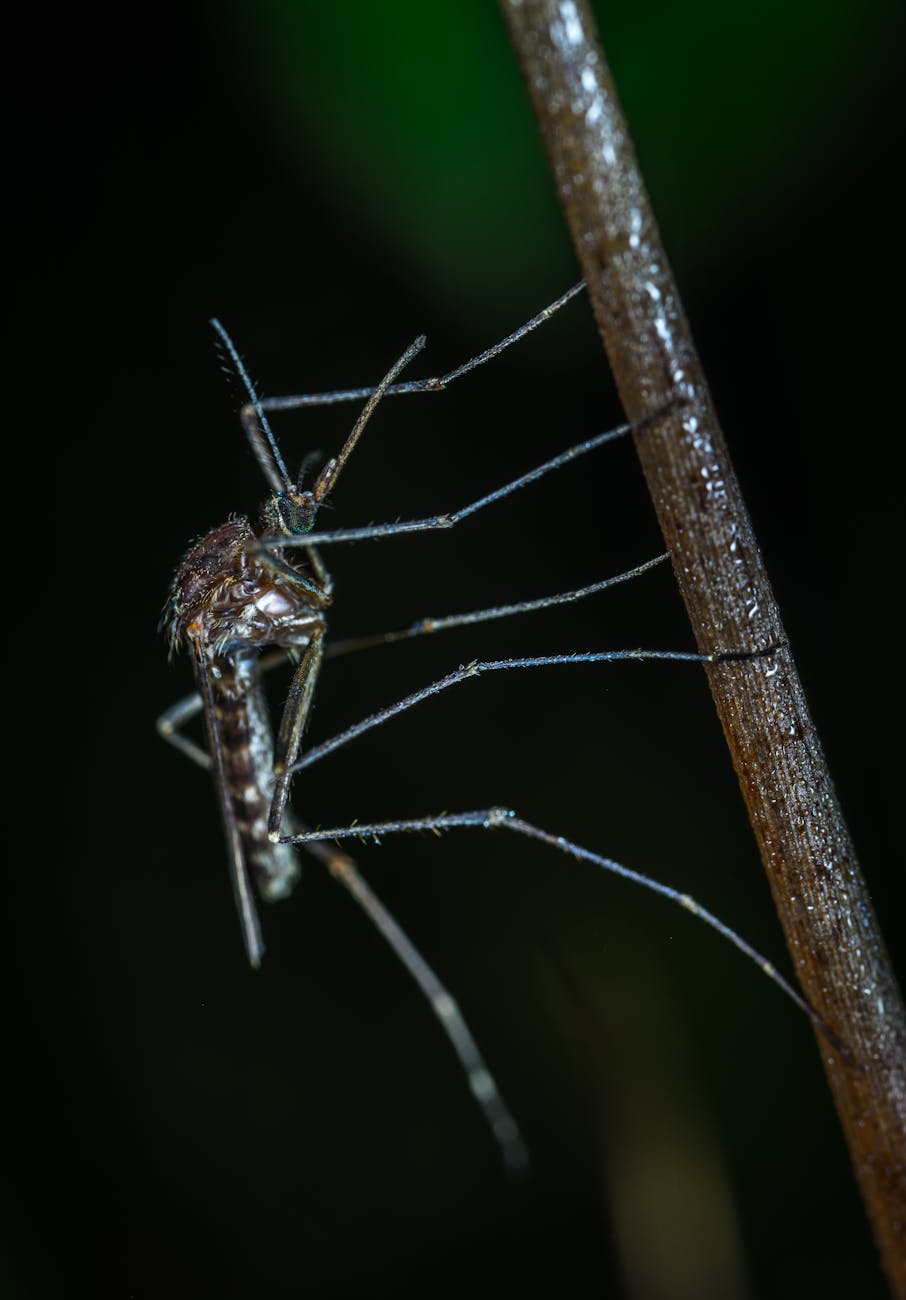Lymphatic filariasis, sometimes called elephantiasis, is caused by a tiny parasite called Wuchereria bancrofti, which is transmitted to humans through mosquito bites, usually from Aedes aegypti. The infection affects the lymphatic system, which is responsible for draining excess fluid from the body.
If you think you might have lymphatic filariasis, you can get personalised guidance from a licensed doctor through Hope Plus. They can advise you on how to manage symptoms, prevent attacks, and reduce swelling safely.
Symptoms You Might Notice
- Acute attacks: Swelling and inflammation of the lymph nodes in the legs, arms, genital area, or breasts. These may be accompanied by fever, nausea, or general malaise. Attacks usually last about a week but can recur.
- Chronic stage: Over time, repeated attacks can lead to hard, swollen limbs or genitals, known as elephantiasis. Hydrocele (swelling of the scrotum) or chronic inflammation of the testes can also occur.
- The swelling may start as reversible but can become permanent and severe if untreated.
How It Is Diagnosed
- A blood test can detect the parasite, usually collected at night between 9 pm and 3 am when the parasites circulate in the blood.
Treatment Options
- During an acute attack: Rest, elevate the affected limb, take pain relief, keep the area cool, and stay hydrated. Antiparasitic medicine is not given during an attack.
- Chronic management: Supportive care includes bandaging swollen limbs, elevating them at rest, taking pain relief, and in some cases, surgery for hydrocele.
- Preventive medication: In communities at risk, yearly treatment with Ivermectin and Albendazole for 4–6 years can reduce infection. This medicine does not kill adult worms, but helps prevent further spread and complications.
Prevention Tips
- Sleep under treated mosquito nets.
- Use mosquito repellents and avoid being bitten, especially at night.
- Keep skin clean and dry, and seek medical care promptly if swelling occurs.
- Educating yourself and your family about the disease helps reduce complications and prevent transmission.


